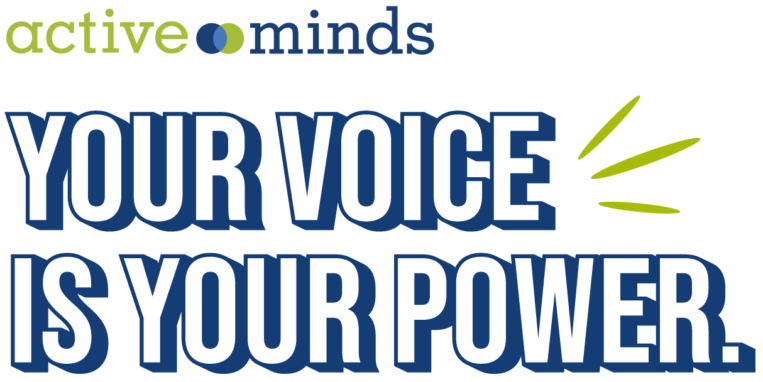Available Resources
Self Advocacy
Resources to help you advocate for your personal needs.
The Nine Dimensions of Wellness
A valuable framework for understanding mental health by recognizing the interconnected aspects of well-being, including a printable worksheet to help you reflect on those intersecting factors that are impacting your wellness.
Active Minds Resources Promotional Poster
Everyone just needs a little extra support sometimes. Help your community find access to the impactful resources provided by Active Minds with this “You Good? Take What You Need…” poster that you can put up or handout as you’d like.
Perfectionism Toolkit
Perfectionism can lead to the development of mental health issues like anxiety, OCD, eating disorders, and more. This toolkit will help you learn about the 3 types of perfectionism and share some tips and tricks to work on its role in your life.
Your Voice is Your Power Podcast
This mental health advocacy podcast from Active Minds can be found on YouTube, Spotify, Apple Podcasts, Amazon Music, and more. Click to find it on your preferred platform!
Workplace Mental Health Supports Guide
Curious about how to navigate mental health support in the workplace? In this guide you will learn about resources available in the workplace and tips for how to have supportive mental health conversations to access the support you need.
Tips on Coping During the Holidays
The holidays can be an overwhelming time of the year for youth and young adults. This document provides you with tips and further resources to help you develop a strategy for coping during the holiday season.



